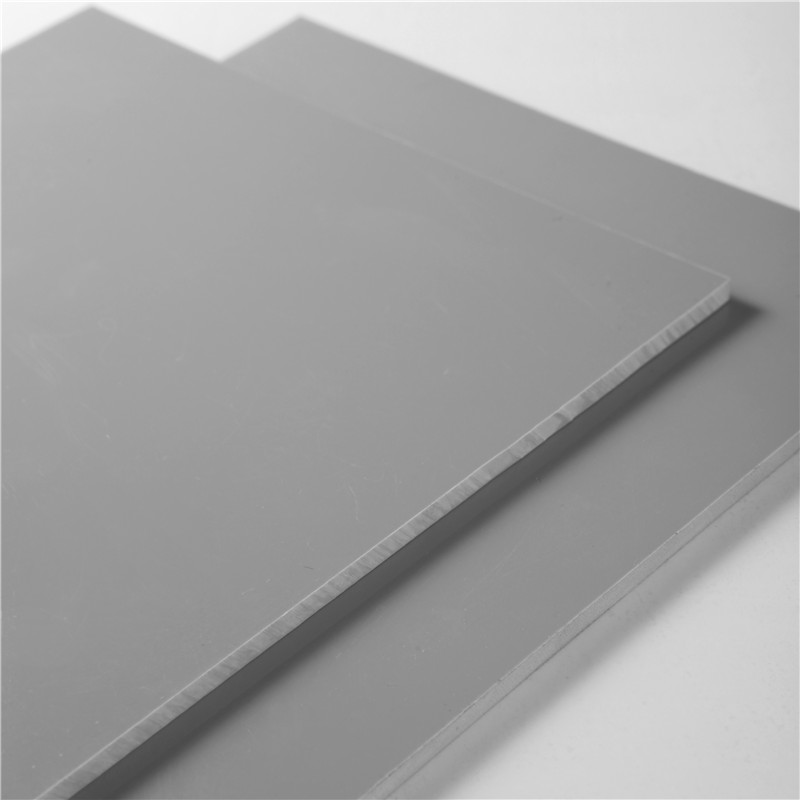Oct . 07, 2024 14:19 Back to list
hdpe agriculture pipe
High-Density Polyethylene (HDPE) Agriculture Pipes A Sustainable Solution for Modern Farming
In recent years, the agriculture industry has seen a significant shift towards sustainable practices, largely driven by the need to conserve water resources and improve crop yields. One of the critical innovations in this sector is the use of high-density polyethylene (HDPE) pipes. Known for their flexibility, durability, and resistance to corrosion, HDPE pipes are becoming increasingly popular in agricultural applications.
What is HDPE?
High-density polyethylene is a thermoplastic polymer made from petroleum. It boasts a high strength-to-density ratio, which makes it ideal for a variety of applications, including piping systems for agriculture. HDPE is non-toxic, making it safe for use in food production and irrigation. The material's inherent properties provide a solution that meets the demanding requirements of modern farming practices.
Benefits of HDPE Agricultural Pipes
1. Water Efficiency One of the most significant benefits of HDPE pipes in agriculture is their ability to facilitate efficient irrigation. Unlike traditional metal or clay pipes, HDPE pipes are designed to minimize water loss through leaks and evaporation. Their smooth interior surface reduces friction, enabling water to flow quickly and efficiently to crops, thus conserving water and ensuring that plants receive adequate hydration.
2. Durability and Longevity HDPE pipes are resistant to various environmental factors, including UV rays, chemicals, and soil corrosion. This durability translates to a longer lifespan—often exceeding 50 years. By investing in HDPE piping systems, farmers can reduce the frequency and cost of replacements, leading to significant long-term savings.
3. Cost-effectiveness Though the initial investment for HDPE pipes may be higher than traditional materials, the overall cost-effectiveness emerges through reduced maintenance and replacement needs. Additionally, the savings associated with improved water efficiency can offset the upfront costs, making HDPE an attractive option for farmers.
hdpe agriculture pipe

4. Flexibility and Ease of Installation HDPE pipes are lightweight and highly flexible, making them easier to transport and install compared to rigid pipes. This flexibility allows for easy maneuvering around obstacles in the field and can be particularly valuable in uneven terrains. Instead of requiring heavy machinery, many installations can be completed with minimal manual labor, further reducing costs.
5. Reduced Environmental Impact Sustainability is crucial in modern agriculture, and HDPE pipes align with these values. Their recyclability at the end of their life cycle contributes to a circular economy, minimizing waste and environmental impact. Furthermore, by promoting efficient water use, these pipes help combat water scarcity, ensuring vital resources are preserved for future generations.
Applications in Agriculture
HDPE pipes are used in various agricultural practices, including drip irrigation, sprinkler systems, and wastewater management. In drip irrigation, for example, water is delivered directly to the plant roots, maximizing efficiency and minimizing evaporation. This method is particularly beneficial in arid regions where water conservation is paramount.
In addition to irrigation, HDPE pipes are also utilized for the transportation of fertilizers and pesticides, ensuring that these essential inputs reach crops without loss or contamination. Their resistance to chemical corrosion makes them an ideal choice for these applications.
Conclusion
High-density polyethylene pipes represent a game-changing technology in the agriculture sector. As the world faces increasing challenges related to water scarcity and sustainable food production, HDPE pipes offer a reliable, efficient, and environmentally-friendly solution. By integrating these advanced piping systems into agricultural practices, farmers can enhance water management, improve crop yields, and contribute to a more sustainable future for the industry. Investing in HDPE technology is not just a step towards operational efficiency; it is a commitment to preserving the planet for generations to come.
-
High Transparency PVC Clear Sheet Super Transparency PVC Sheets & HDPE Cutting Board Supplier
NewsJul.04,2025
-
High-Quality PVC-M Pipe Supplier Trusted PVC Pipe Company & 75mm PVC Connection Pipe Solutions
NewsJul.04,2025
-
PVC Transparent Sheet Roll - Durable & Flexible PVC Plastic Sheet Roll for Industrial & Home Use
NewsJun.24,2025
-
High-Quality PVC PPR Pipes and Fittings Durable ERA PPR Solutions
NewsJun.10,2025
-
High-Quality Large HDPE Sheets & Large Diameter PVC Pipe Durable Large PVC Pipe Supplier
NewsJun.10,2025
-
High Density Polyethylene Cutting Board - Durable & Food Safe
NewsJun.09,2025

